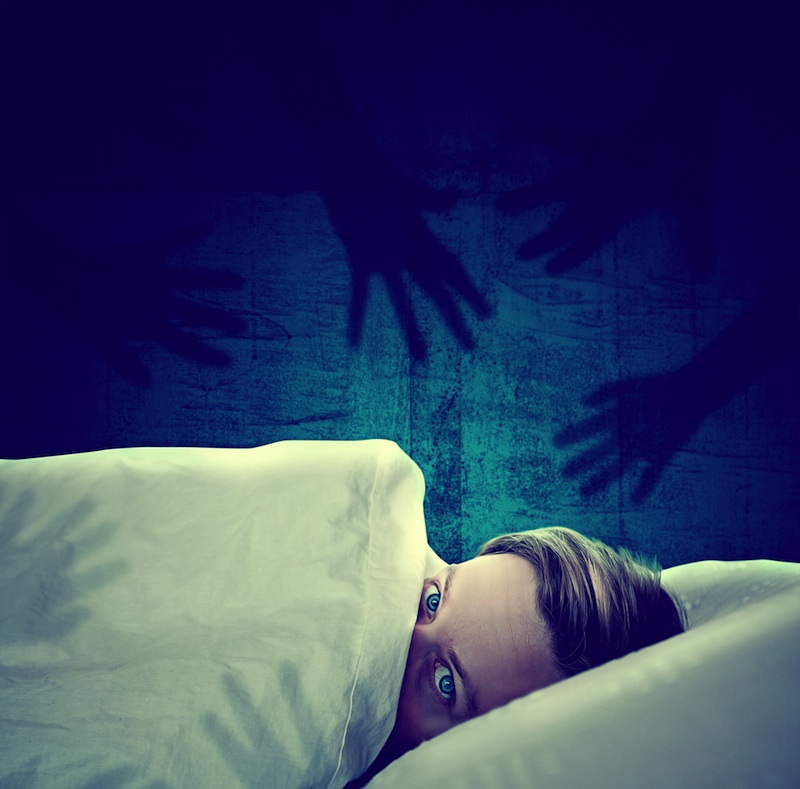
Get the world’s most fascinating discoveries delivered straight to your inbox.
You are now subscribed
Your newsletter sign-up was successful
Want to add more newsletters?

Delivered Daily
Daily Newsletter
Sign up for the latest discoveries, groundbreaking research and fascinating breakthroughs that impact you and the wider world direct to your inbox.

Once a week
Life's Little Mysteries
Feed your curiosity with an exclusive mystery every week, solved with science and delivered direct to your inbox before it's seen anywhere else.

Once a week
How It Works
Sign up to our free science & technology newsletter for your weekly fix of fascinating articles, quick quizzes, amazing images, and more

Delivered daily
Space.com Newsletter
Breaking space news, the latest updates on rocket launches, skywatching events and more!

Once a month
Watch This Space
Sign up to our monthly entertainment newsletter to keep up with all our coverage of the latest sci-fi and space movies, tv shows, games and books.

Once a week
Night Sky This Week
Discover this week's must-see night sky events, moon phases, and stunning astrophotos. Sign up for our skywatching newsletter and explore the universe with us!
Join the club
Get full access to premium articles, exclusive features and a growing list of member rewards.
People who suffer from narcolepsy have more lucid dreams, where they know they are dreaming and can at least partly control the events in the dream, two new studies suggest.
Those with narcolepsy experience sudden "attacks" of sleep, and excessive daytime sleepiness. The new study found these people have lucid dreams about seven times per month on average, compared with once every two months for people without the condition, according to the research.
The reason people with narcolepsy may have more lucid dreams than others could be that the brain region responsible for lucid dreaming is more active during their sleep than in people who sleep normally.
"Narcoleptic patients are always on the border between waking and sleeping, and that seems to be a condition that enhances the probability to get lucid dreaming," said study co-author Martin Dresler, who was a researcher at the Max Planck Institute for Psychiatry in Munich, Germany, at the time the study was conducted. [Top 10 Spooky Sleep Disorders]
Night terrors
Narcolepsy affects between 1 in 1,000 and 1 in 10,000 people, Dresler said. People with narcolepsy may be wide awake, then suddenly fall asleep for a few seconds or a few minutes. At night, they may have fragmented, fitful sleep, and are often plagued by vivid, disturbing nightmares. They are also more likely than people without the condition to remember those dreams, Dresler said.
In a separate line of research, several studies have found that lucid dreaming can take the sting out of recurrent nightmares.
Get the world’s most fascinating discoveries delivered straight to your inbox.
"If you dream of a monster chasing you, and you suddenly become aware that the monster is not real and there is no real threat, that immediately either stops your nightmare, or at least takes most of the anxiety or the threat out of the nightmare," Dresler told Live Science.
So Dresler and his colleagues wondered whether lucid dreaming could help those with narcolepsy fight their scary dreams.
The team asked 60 narcolepsy sufferers and 919 healthy individuals how often they remembered their dreams, how often they had nightmares, and how often they had lucid dreams.
The people with narcolepsy remembered 4.3 dreams and 4.5 nightmares per week, on average, whereas the healthy sleepers reported remembering 0.8 dreams and 0.4 nightmares a week, on average.
But even after controlling for their overall increased dream frequency, narcoleptics were still much likelier to experience lucid dreams, the researchers found. Those with narcolepsy also said that lucid dreaming provided a great deal of relief for their nightmares.
A separate, smaller study of 108 people in the same journal found a similar result. Those with narcolepsy were more likely than those without the condition to exhibit the eye movements characteristic of lucid dreaming during the rapid-eye-movement (REM) sleep phase, the study found.
Controlling dreams
Dreams occur during REM sleep, and lucid dreams occur when the brain's lateral prefrontal cortex, which is normally quiescent during REM sleep, is active, Dresler said.
Because narcoleptics get such fragmented sleep, both day and night, they often have periods when they are experiencing REM sleep, but their brain activity also looks much like that of an "awake" brain, with an active prefrontal cortex, Dresler said.
The findings are "unsurprising, but gratifying," said Stephen LaBerge, a psychophysiologist who founded the Lucidity Institute, which promotes research of lucid dreaming. LaBerge said he has previously suggested the idea that "narcoleptics make natural lucid dreamers."
"This is because they have frequent experiences with direct transitions from the waking state to REM sleep," LaBerge, who was not involved in the new study, told Live Science in an email.
The new findings suggest that people with narcolepsy could combat their nightmares even better by enhancing their lucid dreaming ability, Dresler said.
To have more lucid dreams, people can record their dreams in a diary, and think frequently about the dreams throughout the day. With recurrent nightmares, it helps to think about the subject matter — say, elementary school — along with the thought "I am dreaming now," Dresler said.
The next time the nightmare occurs, the brain may automatically associate the thoughts of school with the awareness of dreaming, Dresler said.
The two studies were published Oct. 28 in the journal Sleep.
Follow Tia Ghose on Twitterand Google+. Follow LiveScience @livescience, Facebook & Google+. Originally published on Live Science.

Tia is the editor-in-chief (premium) and was formerly managing editor and senior writer for Live Science. Her work has appeared in Scientific American, Wired.com, Science News and other outlets. She holds a master's degree in bioengineering from the University of Washington, a graduate certificate in science writing from UC Santa Cruz and a bachelor's degree in mechanical engineering from the University of Texas at Austin. Tia was part of a team at the Milwaukee Journal Sentinel that published the Empty Cradles series on preterm births, which won multiple awards, including the 2012 Casey Medal for Meritorious Journalism.
 Live Science Plus
Live Science Plus





